The Psychologist and Author Shares Her Picks for
Understanding Life’s Lows

By Mary-Frances O’Connor< In The Grieving Brain: The Surprising Science of How We Learn from Love and Loss, I make a distinction between “grief” and “grieving.” Grief is the wave that knocks you off your feet and surprises you with both its ferocity and its strangeness, nothing like the simple sadness that we might have expected. But having authors who have depicted their excruciating experience for us makes us feel less alone, or at least more normal, and thus these books are invaluable. Grieving, on the other hand, is how the feeling of grief changes over time without ever going away. Grieving is the process when we come to discover that we must carry grief with us, carry on with the grief in tow, while somehow restoring a meaningful life. We are not alone in this either, because creating a meaningful life is a never-ending process; learning how other authors have done it—reflecting on their philosophy—connects us all in this universal human trademark experience.
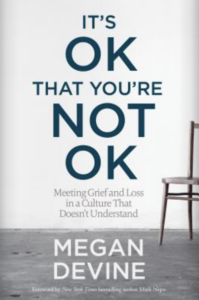
Megan Devine, It’s OK That You’re Not OK: Meeting Grief and Loss in a Culture That Doesn’t Understand
Recently, a dear friend has been grieving the death of his mother, has been distant and avoiding our circle of friends, and has erupted in anger at seemingly minor moments. I recognize his path, walking through the dark night of loss. For him, and for others acutely grieving or struggling over time, I recommend Megan Devine’s fantastic account of how to avoid the “tyranny of positive thinking” that many bereaved people are confronted with. She explains why words of comfort can sound so bad and enables me to invite my dear friend to share with me what it feels like to be him, living inside grief.
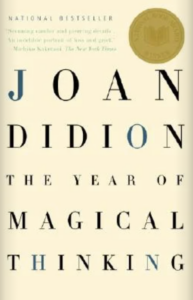
Joan Didion, The Year of Magical Thinking
Joan Didion’s story of not being able to throw out her husband’s shoes after he died because he would need them again may have been my first inkling that the brain can really be drawing on two different sources of information at the same time, even if they conflict. Through Didion’s honesty and courage about her own grief experience, she reveals the lived experience that led me to develop the gone-but-also-everlasting theory: when we bond with a loved one, that bond is encoded in the brain with the incontrovertible belief that our one-and-only will always be there. This conflicts with the memory of their funeral, with their absence at breakfast, lunch, and dinner. As a neuroscientist, Didion’s brilliant writing made me understand magical thinking is not to be ignored as the ravings of grief but could reflect exactly how the brain processes the world.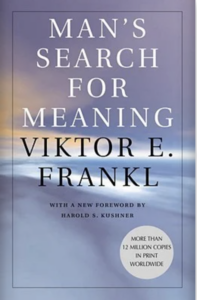
Viktor Frankl, Man’s Search for Meaning
My mother died when I was training to become a psychologist and, in the wake, I sought out a clinical practicum working with terminally ill prison inmates. Perhaps because my scale for what “awful” felt like had been completely rescaled? In any case, I did not have the training to work with the life-sentence, unable-to-speak-from-throat-cancer inmate I counseled for several months before his death. And so, I read Viktor Frankl’s writing about his experience in a Holocaust concentration camp, thus shaping my understanding that when the worst possible thing is happening, you can find meaning. Or at least you can go on…because they did. And there is beauty in that connection, which helps you go a little further.
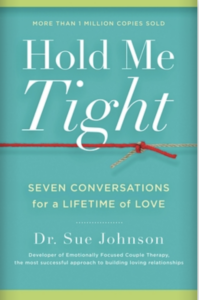
Sue Johnson, Hold Me Tight: Seven Conversations for a Lifetime of Love
To understand grief, you must first understand bonding, since you cannot know what has been lost unless you understand what it was you had. And if you ever hope to restore a life full of loved ones, knowing how to build them is key. There is no better insight into close relationships than the work of Sue Johnson. Even as a clinical psychologist, this book helped me to understand my relationships, past and present, more deeply and clearly than I ever had before.
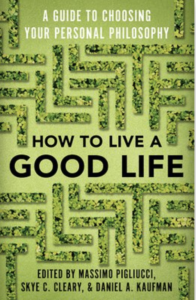
Massimo Pigliucci, Skye Cleary, & Daniel Kaufman, How to Live a Good Life: A Guide to Choosing Your Personal Philosophy
With a name like mine, it will come as no surprise that I was raised Catholic. After my father died, I thought a lot about how he had created a meaningful life and the relationship between his faith and his actions in this world. Although I spent years engaged in Quakerism and then Buddhism, I had never settled into a faith community. In my quest to discover the philosophic or religious views that resonated with my own, I found the collection of short essays by Pigliucci, Cleary, and Kaufman to be a valuable guide, offering me new insights into classical religions and introducing me to new philosophies such as effective altruism.
__________________________________

Mary-Frances O’Connor’s book, The Grieving Brain: The Surprising Science of How We Learn from Love and Loss is forthcoming in February 2022 from HarperOne.
Complete Article ↪HERE↩!
